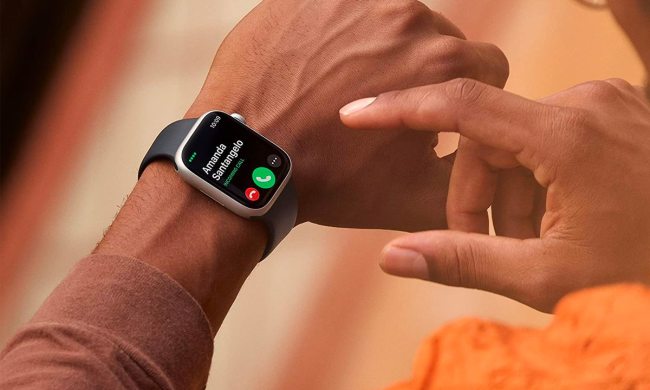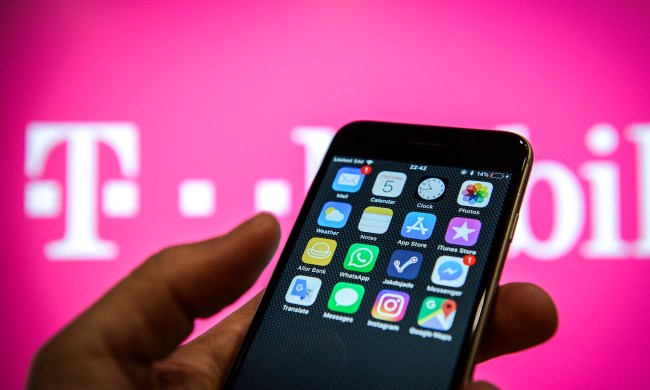
AT&T has been candid that, if it’s planned $39 billion acquisition of number-four mobile operator T-Mobile goes through, it will have to sell off some of its assets in order to meet regulatory requirements in various markets. However, now a report in The Wall Street Journal (subscription required) reports that the company has hired Bank of America Merrill Lynch to advise the company on the potential asset sales—and the amount involved could be worth upwards of $8 billion.
Many of AT&T’s anticipated asset sales will come in the form of both spectrum and customers—and industry watchers expect most of them will be from T-Mobile’s operations. If the merger goes through, AT&T will have to divest itself of spectrum blocks in certain markets where an acquisition of T-Mobile would place it in control of too much spectrum. Those sales could potentially benefit the company’s top competitor—Verizon Wireless—if it were to snap up spectrum in some of the markets where a combined AT&T/T-Mobile could be a dominant player. It could also benefit regional providers like MetroPCS or Leap Wireless, which could potentially expand into new markets by acquiring AT&T spectrum licenses.
AT&T and T-Mobile are operating as if their merger will be approved by regulators; the companies have indicated they expect the deal to be concluded in the first quarter of 2012. However, the merger is meeting stiff opposition not only from the companies’ competitors (like MetroPCS and especially Sprint), but also consumer advocacy groups and some lawmakers, who have expressed concern the merger would reduce competition and consumer choice in the marketplace.
If the merger goes through, it would make the combined AT&T and T-mobile the largest mobile operator in the United States, surpassing Verizon Wireless.

